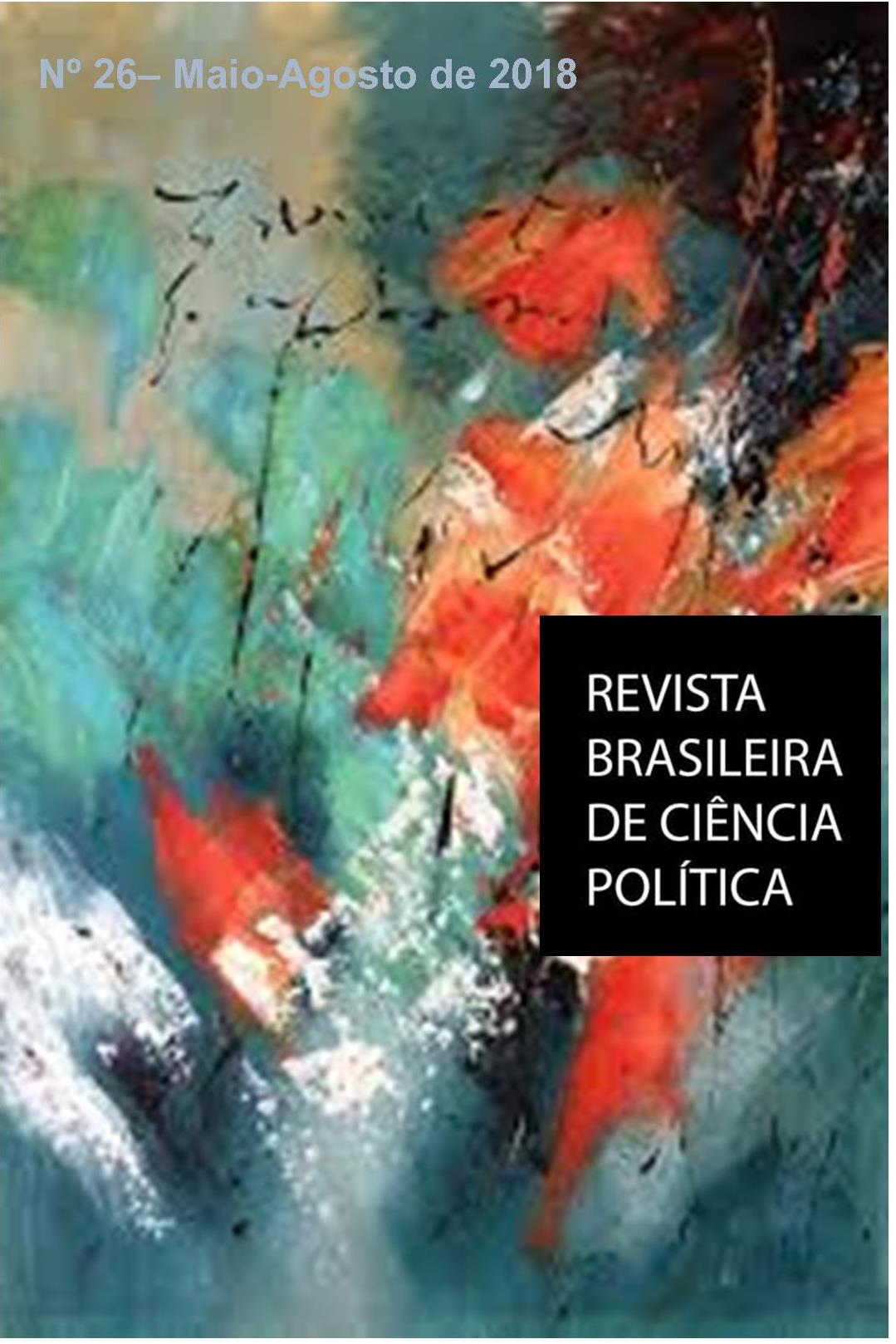Political alignments and distributive politics at the municipal level in federal countries
Resumo
Governors and mayors contribute with necessary political inputs to federal politics, and the president may have no incentive or choice to exclude any of them from their alliances. When presidents have money to distribute with discretion, they do not allocate it uniformly; there are differences in funds allocated between and within provinces, as well as different municipalities within them. The objective of this paper is to explain these differences and particularly how this distribution works in countries where municipalities are not autonomous and the president cannot bypass governors. Transfer distribution patterns at two municipal levels will be explored in order to show that partisan alignments between mayors and presidents (along with other political variables, such as mayors being up for reelection) can be analyzed to explain differences in funding levels. The new generation of studies on federalism focuses on different variables, beyond the functioning of formal institutions. Within these variables, the role of governors ”“ namely the fact that they are powerful and important to presidents ”“ has been widely documented by scholarly research. However, the role of mayors has been less thoroughly explored. To generate evidence on how both governors and mayors are important to presidents, it was built an original database that, for the first time, studied distribution in all Argentine municipalities for a period of eight years (2002-2009) to help fll this vacuum.


